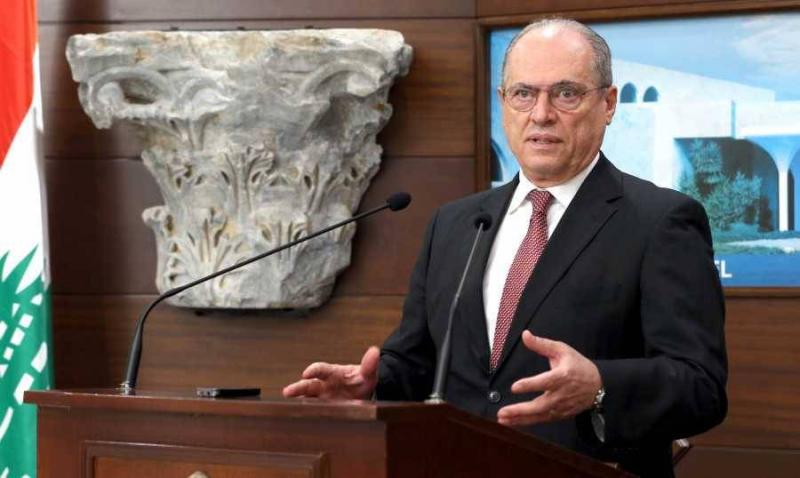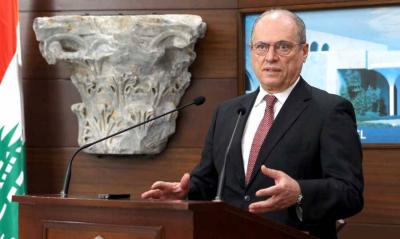After the conclusion of the spring meetings of the World Bank and the International Monetary Fund (IMF) in Washington, Lebanese Deputy Prime Minister Saada Shami outlined the mechanism intended to assist Lebanon within the frameworks and conditions set forth. He stated, "The Lebanese delegation held several meetings with the IMF and the World Bank on the sidelines of the spring meetings held in Washington from April 14-20. We discussed with the relevant parties in the two international institutions the developments occurring in Lebanon, explaining how the country is facing consecutive external shocks, the latest of which was the war in Gaza and the military operations in southern Lebanon and their impact on the economic situation."
He added, "In Lebanon's speech, which I delivered at the meeting of ministers and central bank governors in the Middle East with the Managing Director of the IMF and the management of the Middle East and Central Asia, we pointed out that Lebanon is the most affected country by this war, having suffered significant financial and humanitarian losses."
He continued: "We focused on the impact of this war on the tourism sector, which is one of the pillars of the Lebanese economy, as well as the agricultural sector, where the use of phosphorous bombs by the Israeli enemy has damaged vast agricultural areas and caused significant harm to agricultural crops, not just this year, but also in the coming years."
He added, "The military operations in the south have caused the displacement of approximately 100,000 Lebanese, exacerbating the situation in Lebanon, which is already hosting more than two million Syrian displaced persons, in addition to 250,000 Palestinian refugees. All of this has resulted in enormous burdens that Lebanon can no longer bear, especially amid the decline in foreign aid, including humanitarian assistance."
He noted, "In this context, we hope that our partners in the region understand these circumstances when dealing with Lebanon, especially since we have sensed a decline in international community attention towards Lebanon because the country has not taken the required measures, at a time when donor countries and international institutions should give Lebanon greater attention amid a deep economic crisis."
He added, "We reviewed with the World Bank various projects it is undertaking in Lebanon, expressing our gratitude for this support and the necessity for its continuation, especially in the areas of social safety nets and public finance management, as well as in several future projects related to water, renewable energy, digitization in the public sector, and other projects."
He continued, "In the meetings held with the IMF, officials expressed their constant readiness to support Lebanon in all fields and provide the technical assistance it needs. As for financial assistance and the fate of the final agreement with the IMF, they are always waiting for Lebanon to implement the required reforms, including those related to staffing in the agreement."
He added, "Lebanon's delay in implementing reforms has caused significant damage to the country. Had we carried out all the reforms, we would have started placing Lebanon on the path to recovery and emerging from the economic downturn, achieving better growth, and reaching an agreement with creditors to bring Lebanon out of isolation and establish its return to global financial markets. More importantly, we would have alleviated the suffering of all Lebanese, especially depositors, because any delay in addressing their situation will lead to additional losses added to the losses they have incurred so far after more than four years of hardship."
He concluded, "When we make a decision and implement reforms, then financial support will come not only from the fund but also from donor countries. However, it is certain that no assistance will come in the absence of a final agreement with the fund." He added, "The objectives of the agreement regarding staffing are still valid, even if substantial amendments may need to be made to the memorandum of understanding after more than two years since its adoption."




